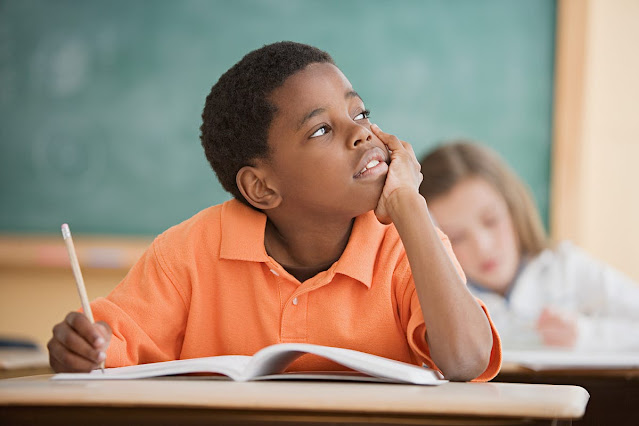10 FACTORS TO POOR ACADEMIC PERFORMANCE IN SCHOOL
Poor academic performance is a problem that affects many students, and it can have serious consequences on their future. In order to address this problem, it is important to understand the causes of poor academic performance. Here are ten causes of poor academic performance in school:
1. Lack of motivation:
Some students lack the motivation to do well in school. They may not see the value of education or they may not have clear goals for their future.
2. Poor time management:
Students who do not manage their time well may struggle to keep up with their studies. They may procrastinate and leave their work until the last minute, which can result in poor performance.
3. Lack of study skills:
Students who do not have effective study skills may struggle to learn and retain information. They may not know how to take notes, organize their thoughts, or study effectively for tests.
4. Learning difficulties:
Some students have learning difficulties that make it harder for them to keep up with their classmates. These difficulties may include dyslexia, ADHD, or other learning disabilities.
5. Family problems:
Family problems, such as divorce, illness, or financial difficulties, can have a significant impact on a student's academic performance. These problems can cause stress and distract students from their studies.
6. Bullying:
Students who are bullied may feel anxious or depressed, which can affect their ability to focus and perform well in school.
7. Lack of support:
Students who do not have support from their parents or teachers may feel isolated and unmotivated. They may not have anyone to turn to for help when they are struggling.
8. Substance abuse:
Substance abuse can have a significant impact on a student's academic performance. Students who use drugs or alcohol may be more likely to miss class, skip homework, or perform poorly on tests.
9. Mental health issues:
Mental health issues, such as anxiety or depression, can have a significant impact on a student's academic performance. These issues can affect a student's ability to focus, concentrate, and retain information.
10. Lack of resources:
Students who do not have access to resources, such as textbooks or computers, may struggle to keep up with their classmates. They may not have the tools they need to succeed.
In order to address poor academic performance, it is important to identify the underlying causes and develop strategies to address them. This may include providing additional support, such as tutoring or counseling, or working with families and teachers to create a supportive environment for students. By addressing these causes, we can help students achieve academic success and reach their full potential.










